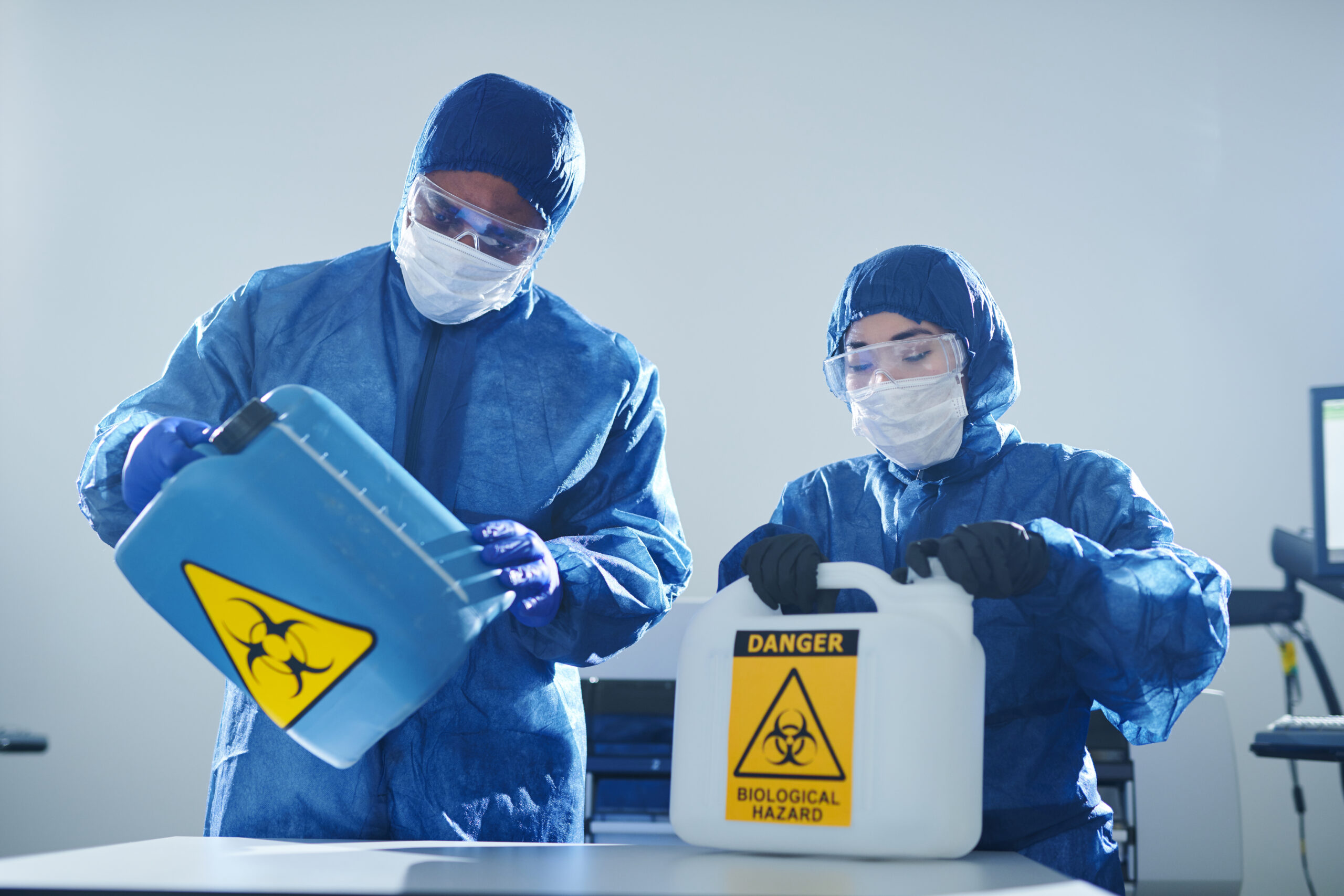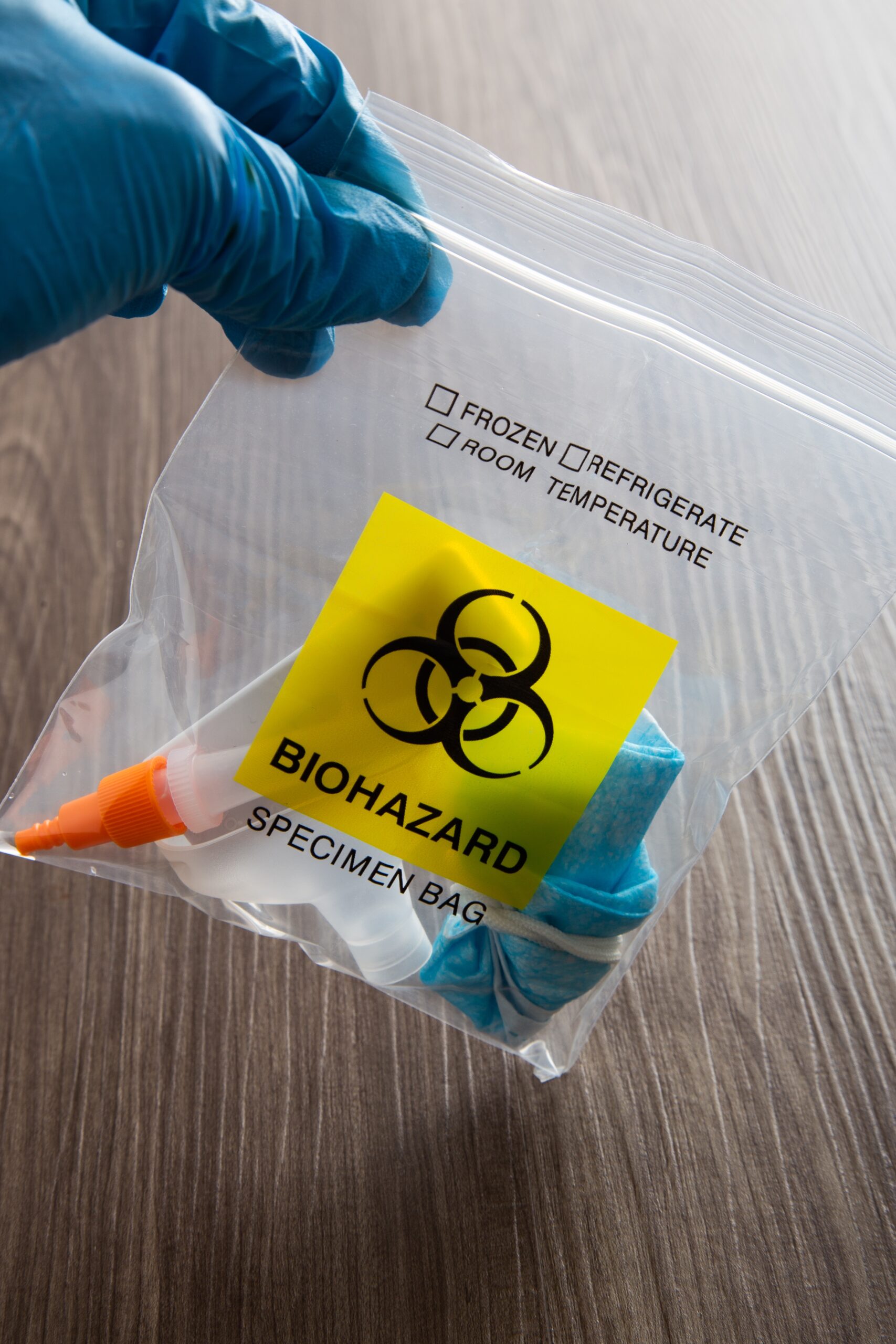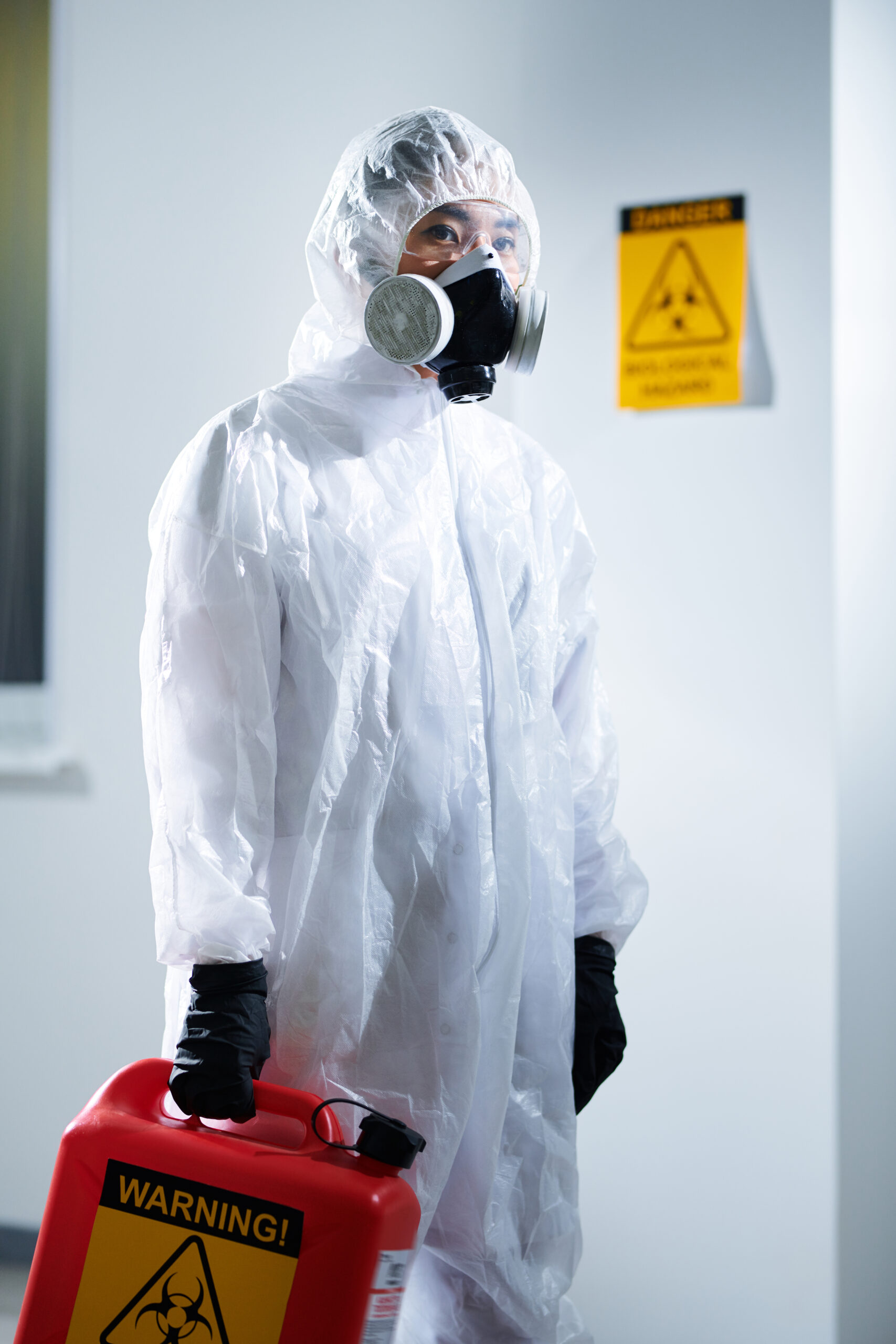INDUSTRY REPORTS
Industry
SUSTAINABLE MEDICAL WASTE RECYCLING
Reducing Environmental Impact.
The business of sustainable medical waste recycling plays a critical role in ensuring that healthcare institutions can minimize their environmental impact while maintaining the highest standards of quality and safety. By repurposing liquid waste products, such as laboratory chemicals, solvents, and pharmaceuticals, we can help to conserve natural resources and reduce pollution.
Medikon uses advanced technologies and state-of-the-art facilities to ensure that medical waste is handled safely and efficiently, with a focus on minimizing environmental harm. As more healthcare institutions seek to reduce their carbon footprint and increase sustainability, the demand for sustainable medical waste recycling services continues to grow.

Safety and Quality
The healthcare industry is one of the largest waste-generating sectors in the world, producing a significant amount of medical waste that requires specialized handling and disposal. Traditional methods of medical waste disposal, such as incineration and landfilling, can be harmful to the environment, leading to air and water pollution, greenhouse gas emissions, and other negative impacts.
Protecting the Environment
Sustainable medical waste recycling offers an alternative solution to traditional waste disposal methods, allowing healthcare institutions to reduce their environmental impact while still maintaining the highest standards of safety and quality. Recycling liquid waste products from medical labs, for example, can involve the separation of hazardous and non-hazardous materials, followed by the treatment and repurposing of the materials that are safe to reuse.
A Better Future
To ensure that medical waste is handled safely and efficiently, sustainable medical waste recycling companies use advanced technologies and state-of-the-art facilities. These facilities often have specialized equipment, such as distillation units, evaporators, and filtration systems, to treat and repurpose medical waste products. They also use stringent safety protocols to protect their workers, the environment, and the public.
Meeting Sustainability Goals
The growing demand for sustainability is becoming critical for organizations to remain relevant and competitive in today’s economy. According to the World Economic Forum, 90% of executives believe sustainability is important, but only 60% of organizations have sustainability strategies. The investments in the demand for sustainability will provide organizations to attract top talented employees, reduce overall costs, and boost profitability.
For a Healthier Planet
Overall, sustainable medical waste recycling is a critical business that plays a crucial role in helping healthcare institutions to meet their sustainability goals while also protecting the environment and public health.

Carbon Footprint Reduction

The real difference
We offer a range of sustainable waste management practices to reduce your carbon footprint, including waste reduction, reuse, and recycling programs. Our practices are designed to minimize the environmental impact of waste management and reduce carbon emissions.

Comprehensive Assessment
Setting Industry standards
We conduct a comprehensive carbon footprint assessment to identify the sources of greenhouse gas emissions in your waste management practices. This helps us to develop a customized plan for reducing your carbon footprint and promoting sustainability


A clear path forward
We provide education and training to healthcare employees on the importance of carbon footprint reduction and responsible waste management practices. Our training programs promote awareness and provide employees with the tools they need to reduce their environmental impact
